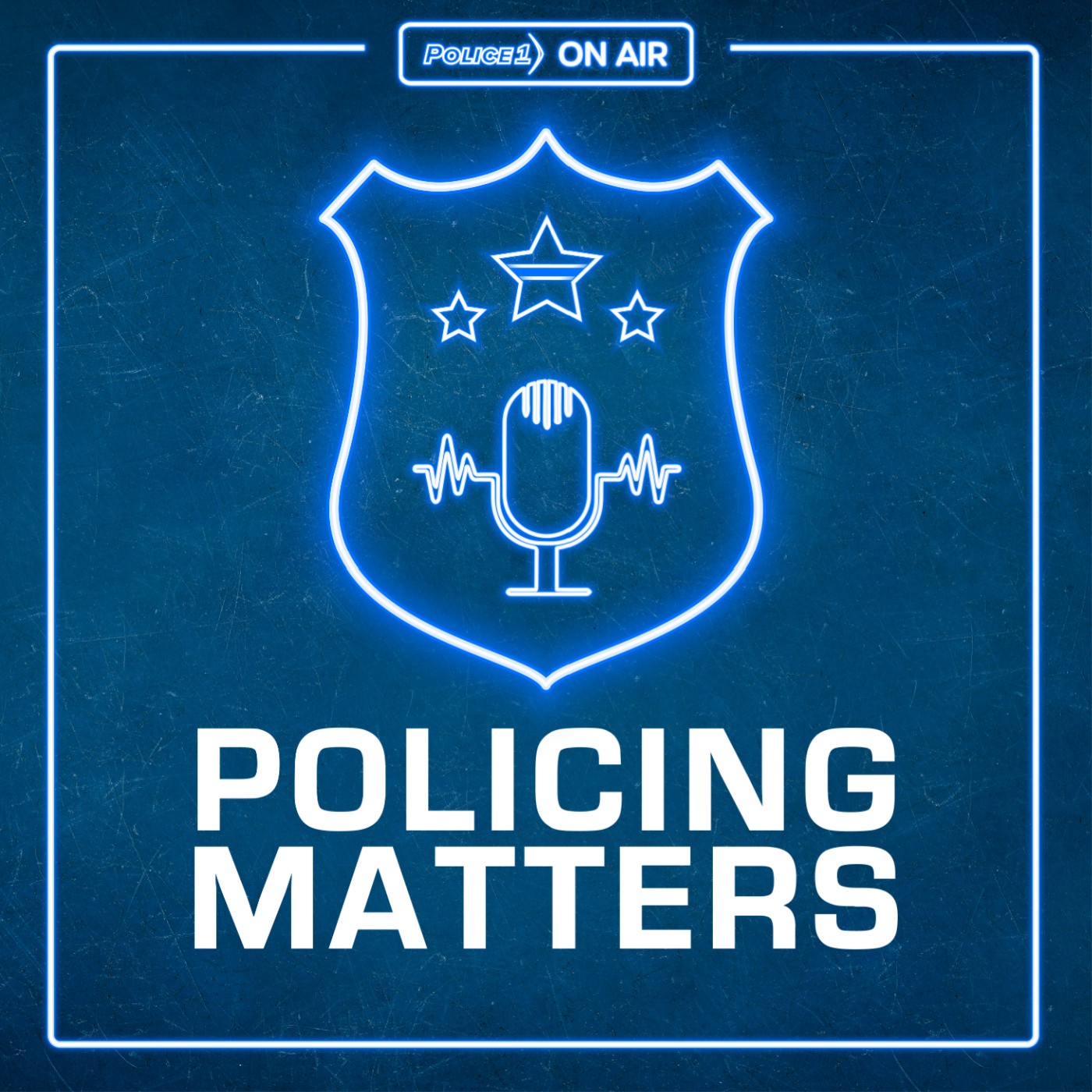
Talking the beat to cover what matters to you as an LEO. Join deputy chief Jim Dudley (ret.) every weekly as he sits down with law enforcement leaders and criminal justice experts to discuss strategy, challenges and trends in policing.
Talking the beat to cover what matters to you as an LEO. Join deputy chief Jim Dudley (ret.) every weekly as he sits down with law enforcement leaders and criminal justice experts to discuss strategy, challenges and trends in policing.
Episodes
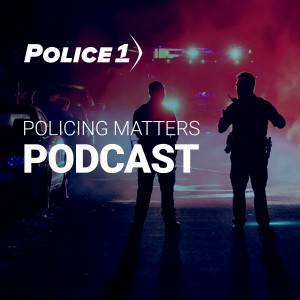
Thursday Apr 01, 2021
Using tech to build culture: New communication app connects cops and their chiefs
Thursday Apr 01, 2021
Thursday Apr 01, 2021
Communication within an organization is critical, but especially so within law enforcement, where leadership and command must convey crucial information to their officers on the street. But cops are bombarded daily with memos, bulletins and orders, so how can we make a connection that seems more personal? In this episode of the Policing Matters podcast, host Jim Dudley speaks with Tim Paul, co-founder and CEO of The Critical App, a messaging application that ensures leaders stay connected with all of their personnel at every location to instantly share news and updates, identify urgent issues and build the right culture for their department.
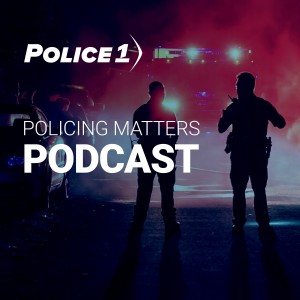
Thursday Mar 25, 2021
Why code enforcement matters
Thursday Mar 25, 2021
Thursday Mar 25, 2021
The Broken Windows theory, introduced by George Kelling and James Wilson in 1982, and the tenets of Crime Prevention Through Environmental Control (CPTED), demonstrate the need to address disorder, blight and low-level environmental disruption as a deterrent from larger crimes and gathering points for criminal activity. Code enforcement officers are an invaluable part of preventing those environmental disruptions from coming to fruition. In this episode of the Policing Matters podcast, host Jim Dudley speaks with Code Enforcement Manager Justin Edson, who serves as president of the Code Enforcement Officer Safety Foundation, about how law enforcement can collaborate with code enforcement officers to address crime prevention, plus the safety risks facing code enforcement officers.
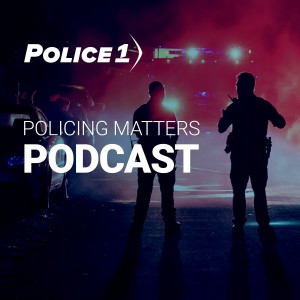
Friday Mar 19, 2021
Live monitoring of 911 calls: A new tool for cops
Friday Mar 19, 2021
Friday Mar 19, 2021
The Chula Vista Police Department (CVPD) in Southern California is a pioneer when it comes to using new technologies and tools to create a stronger and more cost-effective emergency response ecosystem. In this episode of Policing Matters, host Jim Dudley speaks with Captain Don Redmond, a returning guest, who heads up support operations for CVPD including the 911 communications center, and CVPD Police Communications Manager Carla Even, about the agency’s deployment of Live911, which live-streams 911 calls to officers in the field.
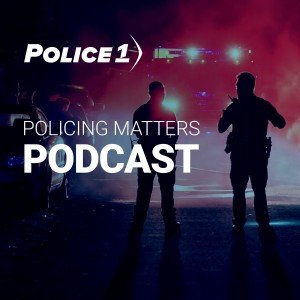
Wednesday Mar 10, 2021
What cops need to know about the COVID vaccine right now
Wednesday Mar 10, 2021
Wednesday Mar 10, 2021
In December 2020, Police1 asked LEOs to weigh in on COVID-19 vaccination mandates, ethical obligations and whether they will be vaccinated. More than 3,300 officers responded to a survey, with 38% saying yes to vaccination. In this episode of the Policing Matters podcast, host Jim Dudley speaks with John M. Williams, Sr., MD, MPH, a physician and reserve deputy sheriff in southern Colorado, about some of the concerns people have expressed regarding the safety and efficacy of the COVID-19 vaccine, the reasons why LEOs should consider getting vaccinated and how police leaders can improve officer vaccination rates.
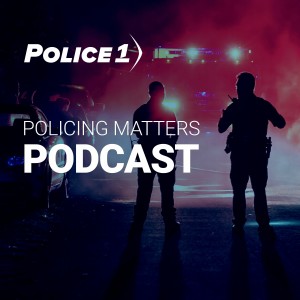
Thursday Mar 04, 2021
Thursday Mar 04, 2021
Recent high-profile events have led to legislative changes that are limiting police use of force options and the deployment of less lethal tools. Some cities, for example, have banned the use of pepper spray and tear gas at demonstrations and riots. Now, more than ever, it is critical for law enforcement professionals to understand and deploy force options wisely and appropriately, and help educate the legislators, the media and the public about the impact of restrictions on the tools available to officers. In this episode of the Policing Matters podcast, host Jim Dudley speaks with a combat veteran and veteran police commander with extensive knowledge and expertise in force options. Commander Sid Heal, who retired from the Los Angeles Sheriff’s Department after 33 years, shares his expertise in his latest book titled “Concepts of Non-lethal Force: Understanding Force from Shouting to Shooting,” in which he explores the ever-growing array of nonlethal options and implements that promise to restore order to out-of-control situations.
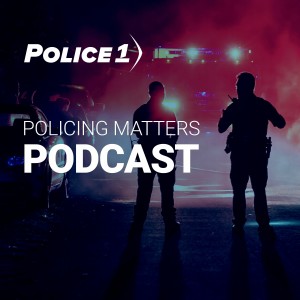
Thursday Feb 25, 2021
How the Denver Sheriff Department is improving in-custody mental health services
Thursday Feb 25, 2021
Thursday Feb 25, 2021
Law enforcement officers are often placed in situations where they encounter individuals with mental illness. There are varying degrees of response to a law officers’ presence, from compliant and docile, to combative or assaultive. Training that equips officers with the skill set required to deal with these individuals appropriately is important. Once an individual has been controlled or transported, they may be taken to a professional psychiatric detention and treatment facility, or to a locked detention facility for processing. What happens next varies from agency to agency. In this episode of the Policing Matters podcast, host Jim Dudley speaks with Dr. Nikki Johnson, the first chief of mental health services for the Denver Sheriff Department in Colorado. Dr. Johnson was hired in January 2021 to drive the strategy and performance of the mental health services provided within the Denver Sheriff Department, which is the largest provider of psychiatric services in Denver.
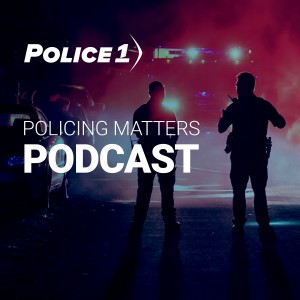
Thursday Feb 18, 2021
How to write a better police report
Thursday Feb 18, 2021
Thursday Feb 18, 2021
There is a popular perception that police officers and investigators have exciting lives, getting into vehicle and foot pursuits, tackling suspects, and solving complicated crimes by examining evidence or through interviews and interrogation. In truth, most crime is solved by the effectiveness in documenting the crime from its first report to law enforcement. While some may not view police report writing as exciting, it is a keystone to any investigation and prosecution of offenders. In this episode of the Policing Matters podcast, host Jim Dudley speaks with Janay Gasparini, Ph.D., former police officer and current assistant professor of criminal justice at Shepherd University, Shepherdstown, West Virginia, about how to write an effective police report.
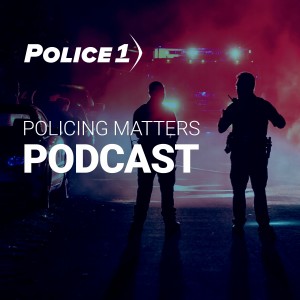
Thursday Feb 11, 2021
A proud police wife helps connect, support LEO spouses
Thursday Feb 11, 2021
Thursday Feb 11, 2021
No one understands a police officer like their significant other and no one understands what it takes to be the significant other of a cop more than other police officer spouses. Connecting spouses is the goal of Rebecca, the creator behind the Proud Police Wife website and virtual conference. In this episode of the Policing Matters podcast, host Jim Dudley speaks with Rebecca, who is married to her childhood sweetheart and LEO officer of 14 years, about why she started her blog and website and how she helps connect police spouses to support each other and their police partners.
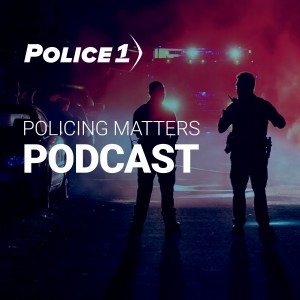
Friday Feb 05, 2021
Polygraph myth-busting: Separating truth from fiction
Friday Feb 05, 2021
Friday Feb 05, 2021
In this episode of the Policing Matters podcast, host Jim Dudley speaks with Guillermo “Gil” Witte, a published polygraph examiner and an instructor for the world-renowned PEAK Credibility Assessment Training Center, about some of the misunderstandings, myths and urban legends surrounding polygraphs. Gil Witte is a member of the American Polygraph Association, American Association of Police Polygraphists and the current president of the California Association of Polygraph Examiners. Enjoying the show? Please take a moment to rate and review us on Apple Podcasts. Contact the Policing Matters team at policingmatters@policeone.com to share ideas, suggestions and feedback.
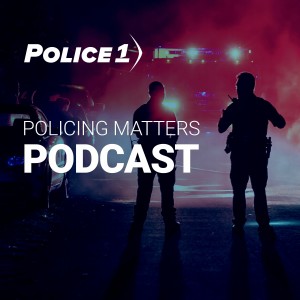
Friday Jan 29, 2021
Evolving police response to domestic violence calls
Friday Jan 29, 2021
Friday Jan 29, 2021
In this episode of the Policing Matters podcast, host Jim Dudley speaks with Nicole Florisi, a law enforcement professional and domestic violence survivors advocate in northern Arizona, about how police can improve response to domestic violence calls. From beginning the assessment of a domestic violence call from the point it comes into dispatch to working with victim advocates, Nicole shares best practices for handling these challenging calls.
